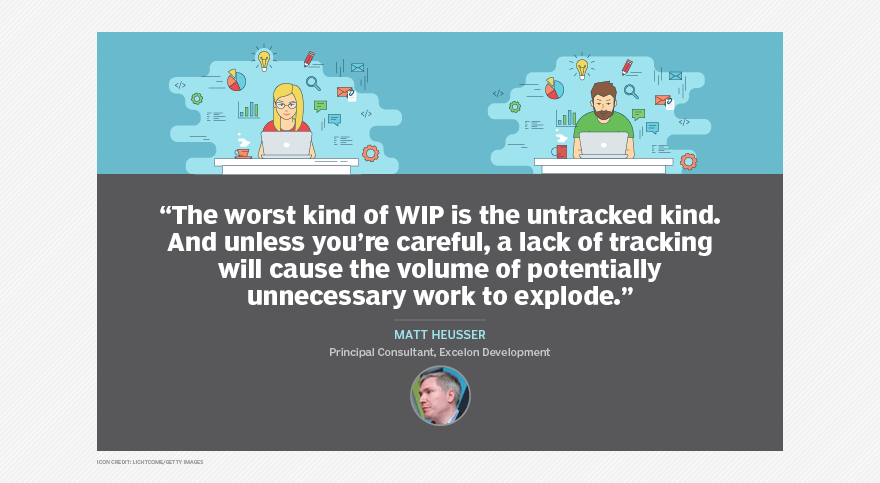5 best practices for remote development teams
Two months ago, working remotely was prohibitively hard for many organizations. Today, it is an absolute requirement. If an individual team's software work is truly independent, perhaps not much will change. But I wouldn't count on it. Instead, I expect two particular things to happen:
- Organization dysfunction becomes more visible than ever.
- Dysfunction amplifies as people lose touch with each other.
In the past, software project delays were not unusual. Developers would need to hunt down database permissions, dig up documentation around requirements, or simply search for someone to get their input. To resolve that delay you had one very helpful option: You could walk over to someone's desk and talk to them. Now that's gone.
Often, those delays can create extra work that may or may not be necessary. This work that hangs over developers' heads is often referred to as work in progress (WIP). The worst kind of WIP is the untracked kind. And unless you're careful, a lack of tracking will cause the volume of potentially unnecessary work to explode.
The solution is to get aggressive about redesigning work processes. Instead of waiting for WIP to explode, take proactive efforts to limit it. Figure out exactly what is causing software project delays and deal with them immediately. In lean terms, this should reduce the cycle time, which refers to the duration of time between when work begins and when it ends. Following this model -- which is the model followed by high-functioning Scrum team -- can keep workflow in check and avert catastrophic overflows.
Matt Heusser is the principal consultant at Excelon Development.






